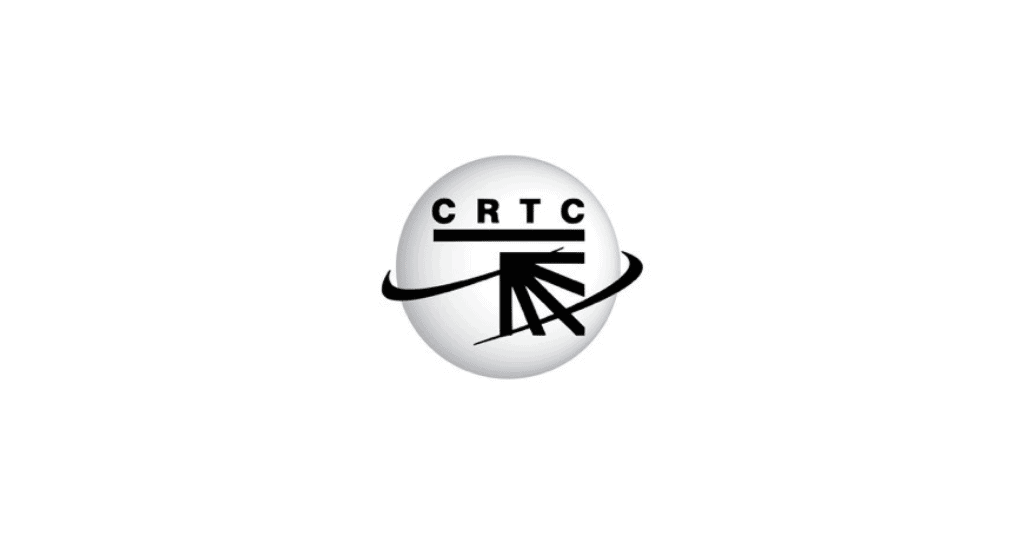Blog
CRTC Announces First Canadian Anti-Spam Law (CASL) Fine
March 19, 2015

Since the Canadian Anti-Spam Legislation (CASL) took effect in July 1st, 2014, it’s been a waiting game for North American Marketers to see who would be the first in violation of this new regulation.
The wait is now over, after the Canadian Radio-television and Telecommunications Commission (CRTC,) the principle agency responsible for enforcing CASL, last week issued a $1.1 million fine under CASL to a Quebec-based Compu-Finder, a company that provides management and technology training to managers and executives.
The CRTC states in its notice of violation that Compu-Finder sent electronic messages to businesses without the recipients’ consent as well as emails in which the unsubscribe mechanism did not function properly.
The four alleged violations occurred between July 2nd, 2014 and September 16th, 2014, just one day after CASL’s July 1st effective date.
A Crash Course in CASL
CASL creates an opt-in framework for electronic marketing, meaning marketers are required to either obtain the recipient’s consent or have a previous business relationship before a commercial electronic message (emails, text messages, or social media) may be sent. This is in stark contrast to the US’s CAN-SPAM Act, which allows electronic marketing so long as the recipient has not previously opted out.
The scope and complexity of CASL make it a tough adjustment for North American marketers targeting Canadian customers, who now face potential fines of as much as $10 million per business should they violate, regardless of intent.. These companies won’t just take a financial hit either; violations like this ruin a brand’s credibility with customers and could inflict irreparable damage.
What can you do?
The first step in compliance is educating yourself. Determine if CASL applies to your business (if you’re marketing to anyone in Canada, then chances are it does,) and then make sure you understand express vs. implied consent.
- Express Consent is when a contact requests to receive marketing materials from your company through a direct opt-in (think filling out an online form or clicking a link)
- Implied Consent happens when a contact has a relationship with your business but has not directly asked to receive marketing materials.
Do a deep dive into your compliance practices to make sure proper process is in place to obtain consent. Remember, marketers bear the burden of proof for compliance, so make sure you are properly documenting when and how a consumer agreed to be contacted by your company.
While this is the first CASL violation to be announced, it certainly won’t be the last; in fact, the CRTC is currently investigating even more complaints. Make sure your company isn’t next.
Related Posts
As we wrap the first quarter of 2024, it’s essential to stay up to date on recent telemarketing regulations to ensure operational success for the rest of the year. Here…
There’s a common misconception that implementing a contact compliance solution for DNC and TCPA compliance will hurt your marketing outreach, ultimately impacting revenue growth. However, this doesn’t have to be…
Year after year consumer trust and brand loyalty continue to be integral to the success of organizations. Can your organization afford to be the headline in major DNC and TCPA…
Learn more about Gryphon